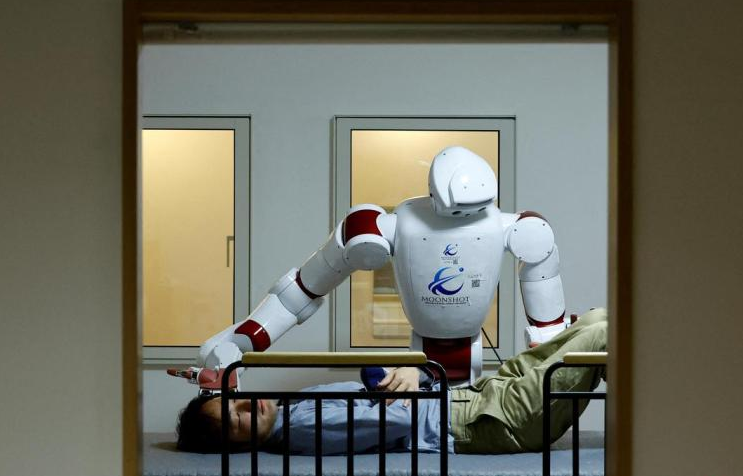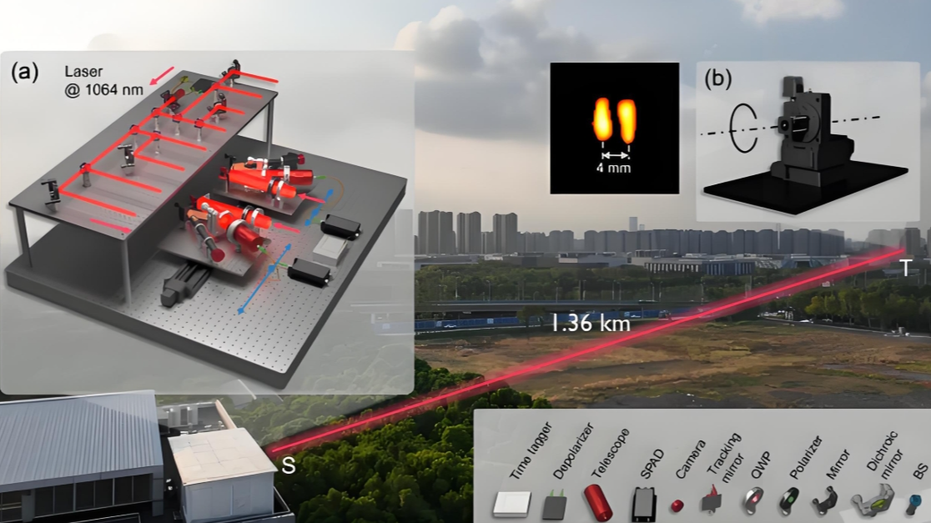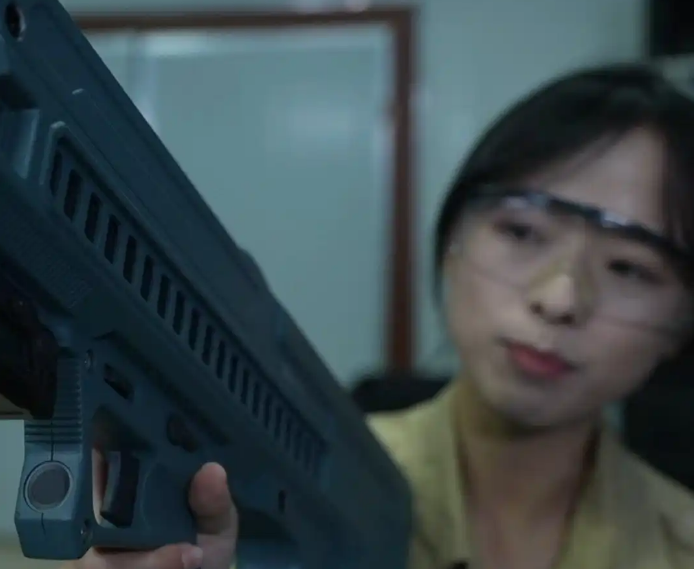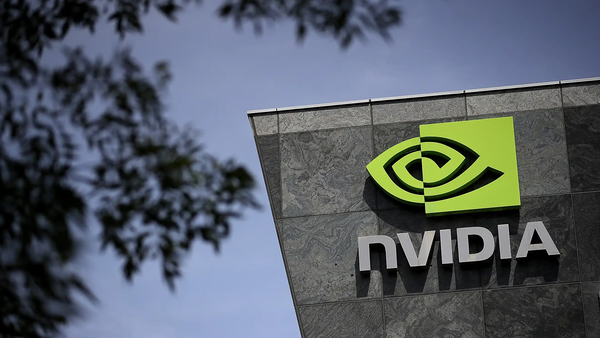
Japan has developed an artificial intelligence (AI)-driven humanoid robot, hoping that it can take on the role of caregiver for the elderly in the future and solve the serious shortage of nursing staff.
The robot, called AIREC, can help people sit up, put on socks, fry scrambled eggs, fold clothes and do some housework.
However, Shigeki Kanno, a professor at Waseda University who led the research and development project, expects AIREC to be put into nursing and medical services until 2030, and the initial price will not be less than 10 million yen (about 90,000 Singapore dollars).
He said that although humanoid robots are being developed all over the world, they rarely come into direct contact with humans. At present, they only do some household work or serve on factory production lines. Robots that can safely have physical contact with humans also need more advanced precision and intelligence.
Japan is the most aging country in the world. A large number of “baby boomers” born between 1947 and 1949 after World War II will all be 75 years old and above by the end of 2024.
On the other hand, the nursing industry is seriously short of staff. As of December 2023, the ratio of job seekers to positions is 1 to 4.25, far higher than the national average of 1 to 1.22.
Although the Japanese government has introduced foreign workers to fill the shortage of nursing staff, there are only 57,000 people by the end of 2023, accounting for less than 3% of the total number of nursing employees.










